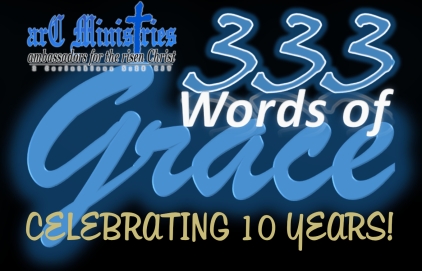Sunday, May 12, 2024
“Who can find a virtuous woman? for her price is far above rubies” (Proverbs 31:10 KJV).
Today is Mother’s Day, so we dedicate this devotional to godly women (specifically mothers). I especially dedicate this to the virtuous woman who has been in my life for almost 36 years… my mom!
Today’s Scripture is the first verse of the Bible’s “Virtuous Woman” passage (Proverbs 31:10-31). King Solomon explained that the virtuous woman:
- has a husband who safely trusts in her (verses 11,12).
- is not lazy, but is strong because she works to feed and clothe her family and herself (verses 13-19,21,22,24,25,27).
- pities the poor and needy (verse 20).
- has a husband who is well-known because of her godly lifestyle (verse 23).
- opens her mouth with wisdom, and speaks kindly and lovingly (verse 26).
- has children and a husband who praise her (verse 28).
- excels in what she does (verse 29).
- has works that praise her (verse 31).
Verse 30 explains the virtuous woman is “a woman that feareth the LORD.”
The Apostle Paul wrote that godly women should: not slander/gossip, not be controlled by alcohol and emotions (sober minded), be teachers of good things, love their husbands and children, be cautious and modest, maintain the home, be “good,” and should obey (respect) their husbands… “that the word of God be not blasphemed” (Titus 2:3-5). A Christian woman, especially a mother, should be a virtuous woman in beliefs as well as in deed. She needs to set an example for her children (especially her daughters).
A Christian woman and/or Christian mother places her faith in this sound Bible doctrine, the indwelling Holy Spirit will then take that doctrine and transform her for God’s glory (1 Thessalonians 2:13). Her mind will be renewed by sound Bible doctrine, and that will transform her outward activity (Romans 12:1,2).
Are you a Christian woman or Christian mother who desires to be the woman God intends you to be in Christ Jesus? Place your faith in this sound Bible doctrine, and God will take care of the rest!
HAPPY MOTHER’S DAY TO OUR READERS WHO ARE MOTHERS!
*Adapted from a larger Bible study with the same name. The Bible study can be read here or watched here.
Archived: “What does the Bible say about motherhood?”

